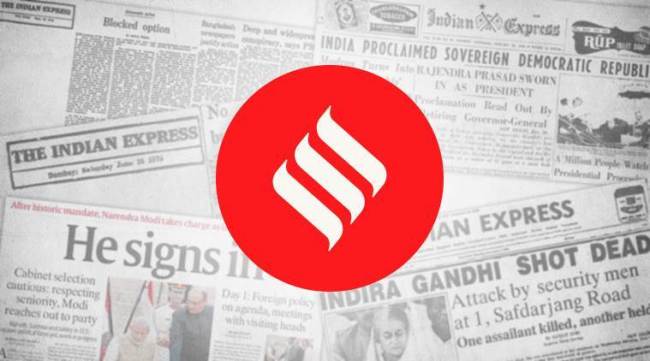Opinion On the road
Thomas Cook went under, but the old school travel agency model might yet survive

 The company, Thomas Cook, reportedly was $2.1 billion in debt.
The company, Thomas Cook, reportedly was $2.1 billion in debt.
When a 178-year-old travel agency says, as it did in its slogan, “Don’t just book it, Thomas Cook it”, a particular confidence shines through. That consumer faith can be transposed onto an entity which understands your travel interests with a higher degree of perception. That was before the World Wide Web disrupted the tourism landscape. Thomas Cook did do its best over the years. But the old travel firm, Thomas Cook UK, which catered to approximately 19 million travellers a year across 16 countries, entered compulsory liquidation earlier this week. The company reportedly was $2.1 billion in debt.
Factors such as Brexit have been stated as reasons compounding the firm’s financial woes. However, the inability of the firm to adapt digitally is being highlighted as an example of how brick-and-mortar travel stores may lose relevance. Thomas Cook had upwards of 600 physical outlets — called “high street” stores in the UK for their prime location. That’s a staggering amount of overhead expenditure, when a digital presence is almost free in comparison. The firm’s overall approach stood at odds with an industry where Online Travel Agents (OTAs) and User-Generated Content (UGC) are crucial information sources. A 2018 World Bank report notes how, in 2017, TripAdvisor bookings alone made up US$546 billion of global tourism spend. Online travel reviews on TripAdvisor, the report noted, “have grown to 660 million in 2018… A study by OTA Expedia and Comscore… found that in 2016, US travelers alone spent 8.7 billion minutes consuming digital travel content, a 41 per cent increase year-on-year.”
Does this mean curtains for the travel agent as we have known? Yes and no. While high rentals and cost overheads make physical presence non-competitive vis a vis online portals, the information overload online and the yearning for an assuring human hand to sift through the data and make it simple may help trusted firms stay in business. For instance, a 2017-18 study by MMGY Global said 33 per cent of millennials in the US would prefer to hire travel agents in the next two years. Breaking down a 2019 industry report, TTG Asia, a leading Asia-Pacific travel-trade group, states how 42 per cent of travellers find the lack of human interaction frustrating, up from 38 per cent in 2018. At an international travel forum in May, Deloitte’s lead partner travel, Alistair Pritchard, reportedly said a combination of factors, especially information overload, is going to ensure “the return of the travel expert”. If not Thomas Cook, someone else might continue to Cook it.





